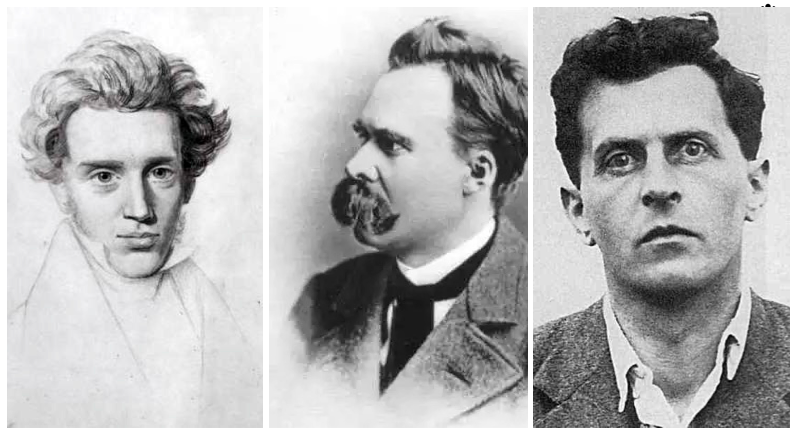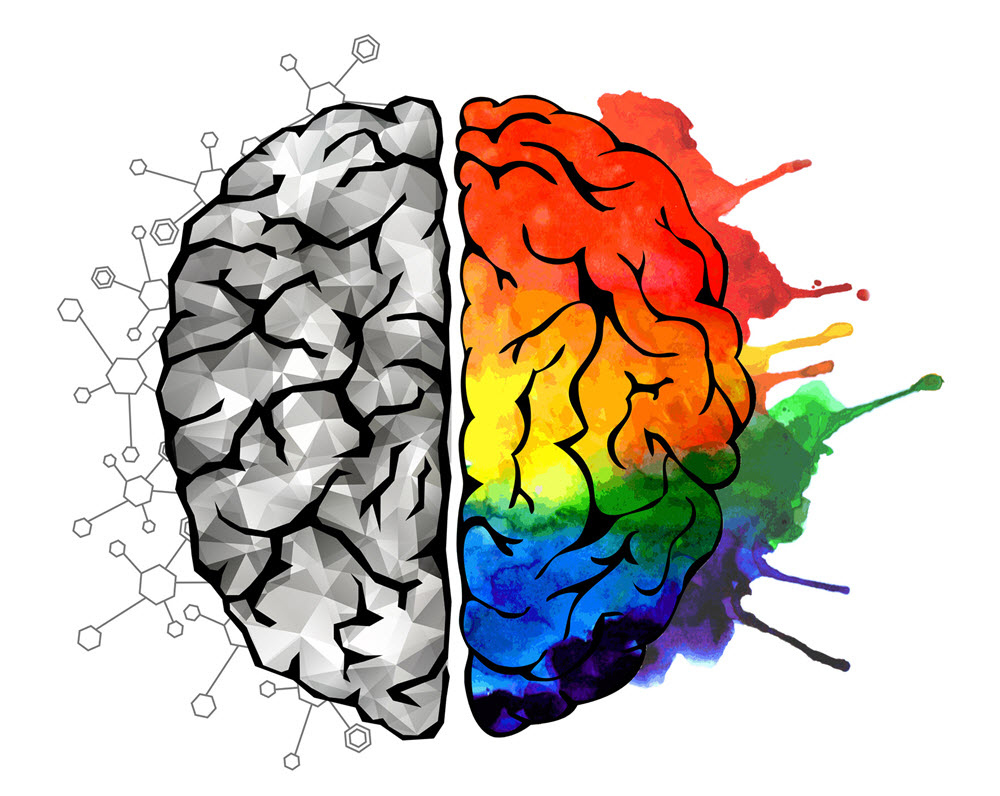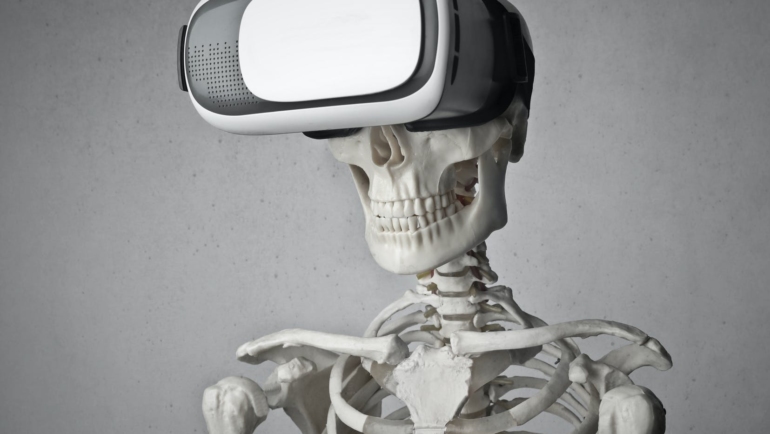Sometimes, very rarely, though, it happens that unexpectedly our mind behaves strangely and, for a while, we experience something called a mystical experience. However, our consciousness does not expand or rise to a higher level, even though it may seem so. On the contrary, it will flush away. To be exact, it is not consciousness at all we experience but its pure absence. No wonder it feels strange and “mystical”. The true significance and nature of a mystical experience are impossible to guess when they happen.
Mystical experiences are confusing, sporadic and infrequent changes of the psyche, where the ego seems to disappear, and the relationship with one’s environment becomes strange and abnormal. This complete loss of subjective self-identity, also called ego-death, ego-loss, ego-disintegration, or ego-dissolution, has a specific function: decommissioning the “machine” that provided security for our growth by distorting reality. This mystical occurrence, totally unknown to our culture, comes from the ancient stage of hominin growth. Even so, it’s a natural incident produced by the human body to turn a child into an adult by disabling all protective mechanisms of childhood. However, there is one problem: it doesn’t work correctly! It only works for a while, and even then, only for a few people.

A butterfly caterpillar may not need a mental change to live as an adult, but a human would need one. Unfortunately, the mechanism that controls the transformation of the human psyche does not work correctly. Mystical experience is the partially functional part of such a broken mechanism unknown to most people. It begins a final and scheduled mental transformation parallel to our physical change. The event is not abnormal or outside of human life, although it is rare. A mystical experience is a short-term version of the initially permanent mental metamorphosis of all homo species. It is brief because of an error. Even though we have lost the capacity for permanent transformation, the event works correctly.
The mystical mindset is also known as the non-ordinary state of consciousness, transcendental consciousness, pure consciousness event (PCE), cosmic consciousness experience (CCE), or Unio Mystica for its strong sense of non-duality. However, the altered state of consciousness (ASC) may be the most well-established term in studying the psyche. It is a collective term for many non-everyday mental states such as hallucinations, trance, hypnosis and dreams. Research has defined a neutral and impartial common denominator for phenomena, expectedly reducing their ideological and belief stigma. The scientific term refers to the phenomena’ exceptional nature but not their substance. The phenomena may not be related, but they have something in common. There are theories, but they lack consensus.
It is similar to the psychedelic experience but occurs naturally through the body’s mechanisms. In the life cycle of the earlier human species, it used to be the final stage of growing up, but the mystical experience known to humans is only a shrunken version of it; the change should happen to everyone, and it should be permanent.
The misunderstood adulting
Mystical experience is a phenomenon that occurs at the dawn of adulthood. That gives the impression that it is a change related to our becoming adults. Adulting is commonly understood as behaving in a way characteristic of a responsible adult, mainly accomplishing mundane but necessary tasks. Sometimes it is understood as “a post-adolescence when the light in your eyes fades away and dies”. It happens because we remain mentally adolescent despite ageing.
Real adulting can be described as a loss of the self, the will and the ability for logical reasoning. We get estranged from our parents, and other relationships become more or less unimportant. The ugly, dirty and broken things will strangely become just as fascinating as the beautiful, clean and intact things used to be. The actual adult nature will question moral judgement. Time and place become relative.
People who experience this feel light and happy and have increased interest in their environment. This is a perfect world, and you realise the fault has only been in yourself when you couldn’t see it all. This change happens without warning or a clear explanation. However, it implies something important for the whole human species, as it is a message of our own body and part of the psychic system of growing up. It should signify the seal of our growth, the official approval of reaching adulthood. But we do not recognise it since growing up is more like a process for us and not a sudden event.
If the psychological process of adulting worked properly, many learned things would disappear: learning and memory would be replaced by instincts. We would experience the world independently without any artificial and simplifying observational aids. A long time ago, adulthood started with a mind-boggling, unimaginable step from teenager to adult mind. When childhood stretches into a lifelong growth cycle of varying lengths, youth becomes mere preparation for future trials. Growing up becomes a project that must meet the goals set in childhood, whether established by parents or the child himself.

The painful struggle with volition | These rites seem absurd to us modern city dwellers, but there are insightful observations behind them. Indigenous peoples knew well that humans do not grow into adulthood; they dive into it. For modern humans, birth, growth, and death are a struggle with the will, which is why rituals have been created. Numerous different rites of passage tell us that many indigenous peoples have been aware of the severe problem of achieving real adulthood, even though the means to solve the problem may not always look nice or work even.
Human: the lower end of the hierarchy
It is a common misconception that human alone is capable of experiencing altered states of consciousness. The confusing fact is that animals know it, too! And even better than us. We understandably refuse to believe this. We often think we have the exclusive right to understand the “higher” mysteries of the world. In practical terms, humans are likely the only creatures with problems with “the higher consciousness”, as he pleases to express it. Our unique status in evolution is based on our ability to speak with God and establish religions. We do not realise—or have consciously forgotten—that animals are on the same level as our gods.
I fear the animals regard man as a being like themselves, seriously endangered by the loss of sound animal understanding; they regard him perhaps as the absurd animal, the laughing animal, the crying animal, the unfortunate animal.
Friedrich Nietzsche, The Gay Science : Third Book, 224.
This misunderstanding led to the conclusion that the “higher consciousness” would not have become known until about 30,000 years ago. However, because it’s, in fact, the original state of mind of all human species, these experiences are millions of years of age. Awareness, the cornerstone of our civilisation, is intended only for the temporary protection of children. It does not let us see the world but corrects and shapes the information we collect with our senses. The “real world” we have imagined is a structure in our minds.

Mystical experience has led many thinkers, such as Søren Kierkegaard (1813-55), Friedrich Nietzsche (1844-1900), and Ludwig Wittgenstein (1889-1951), even to devote their lives to studying it. The experience resonates in their works.
Explaining real adulthood is difficult because nature has had no intention of bringing anything back from adulthood to adolescence, whenever this may happen. There are no “documents” in adulthood. There is no evidence either. The things happening on the other side are not meant to be explained. All writings are inevitably weak descriptions of what has happened. Even the highest possible culture and civilisation is stupidly childish compared to what one can experience without cognition. As a person grows up, they leave behind everything that interests them at a young age. That’s for sure. And that is what we are trying to fight against in all possible ways.
Correct observations, wrong interpretations
In religions, mystical experiences are called revelation, enlightenment, awakening, rebirth, glorification, or salvation. All those terms refer to the sudden opening of the mind to a new reality. In Eastern philosophy, words such as Bodhi, kenshō, satori and prajñā are similar. Behind the terminology, all names refer to, after all, the same thing: growing into adulthood for a moment. And also, the fact that growing into adulthood is problematic: it is difficult to achieve, it’s challenging to stay in that state, and it’s difficult to tell about it.
Unsurprisingly, the change in psyche has produced strange doctrines and practices and several good terms. Many believe that they can lead humans to a higher reality. Mystical experience is only possible when one has prayed enough, obediently followed the straight and narrow path, selected the correct doctrine, and meditated upon instructions. The purpose is to control people’s behaviour, first for their own sake and then for the benefit of others. However, the fact is that institutions, doctrinal traditions, gurus, masters, priests, or teachers have virtually no effect on the experience in itself, no matter how fascinating the idea may be. There is no way to pursue or change the natural psyche consciously; it is independent of human will and action, even though some claim otherwise. Therefore, there are no higher realities. There are only sick people who need treatment.



